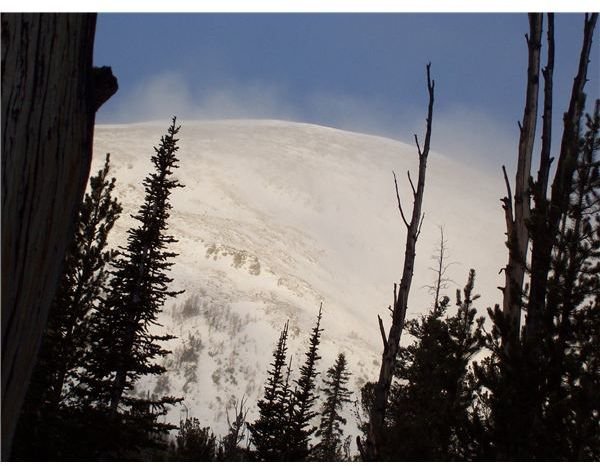Cryophobia: Definition and Implications
Definition
Cryophobia might appear more obvious once you consider the root of this particular phobia. When you look at the prefix “cryo” you might immediately know that this old Greek word refers to low temperature, icy cold, frost, and freezing. Perhaps you’ve heard of celebrities who have stipulated that their bodies be cryogenically frozen after death in case scientists of the future figure out a way to regenerate life and cure what it is that killed the individual.
It is doubtful that someone with cryophobia would choose a postmortem plan like that since they have such an intense aversion to frigid temperatures. By its very definition, the irrational fear in this particular phobia is directed toward extreme cold, frost, or ice. Someone with it will go to almost any lengths to avoid such conditions. It’s somewhat similar to Frigophobia, which is the fear of being or becoming too cold.
The difference seems to be that cryophobia refers more to extreme cold, ice, or frost rather than just the fear of becoming too cold or encountering cold objects which frigophobics suffer from. Just think of cryophobia as pertaining more to extremely low temperatures where ice, snow, and frost are likely to involved. But either way, it is cold temperatures that are at the root of both phobias. If you do have to be in extremely cold weather, it really helps to know how to dress using the layering system for severely cold weather.
Image courtesy of the author
Cryophobia Symptoms and Possible Causes
When dealing with any anxiety disorders, it’s always a good idea to learn how to handle a panic attack. Because along with the standard anxiety symptoms cryophobics might exhibit such as shortness of breath, vomiting, dizziness, terror, nausea, and gastrointestinal attacks, their abnormal fear of cold could lead them into a full blown panic attack in some situations. Whether you’re a phobic yourself or someone you care about is, learning the proper steps to calm down without exacerbating the situation is key. Cryophobics understand that their fear is in most cases irrational but that doesn’t make it go away and the terror is very real to them. Many will move to warm climates to avoid encountering the possibility of their fears becoming realized.
Some believe that just like there are links found between ADHD and OCD, there is a link between both of the cold-related phobias we’ve discussed here and OCD too. In some ways the constant fixation and obsession with cold and the routines and behavior one might take to avoid it resembles OCD.
So there is a conjecture that OCD plays a part in causing cryophobia although it could certainly be the result of traumatic events and hypochondria. In any event, always treat people with phobias with the utmost respect without belittling them or trying to minimize what they fear. We all know what terror is so we should take steps to avoid producing it in others whenever possible.
References
https://www.medterms.com/script/main/art.asp?articlekey=12213
WebMD. “Anxiety and Stress Management” https://blogs.webmd.com/anxiety-and-stress-management/2007/09/fear-and-phobias-6-emetophobia.html.
